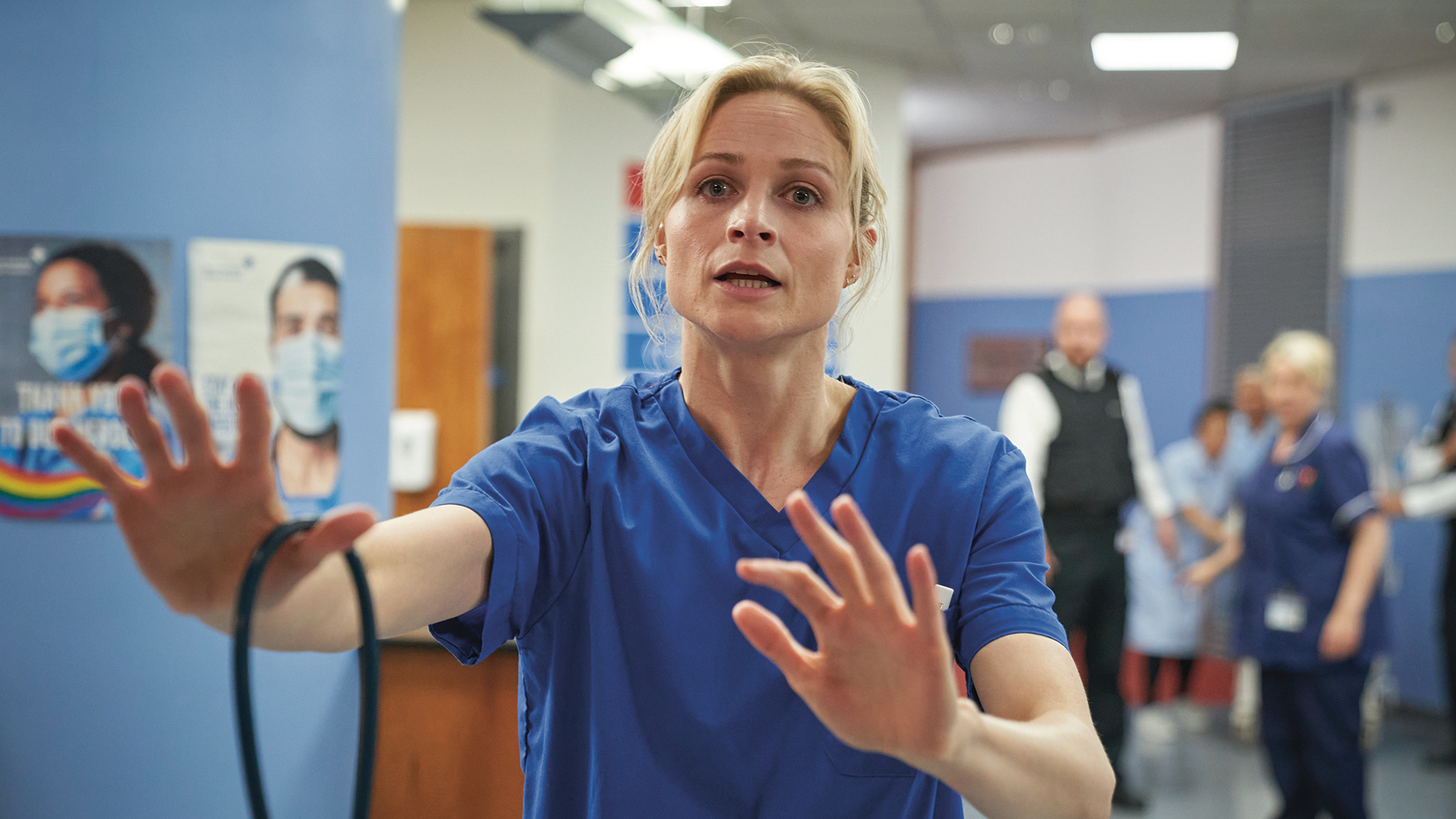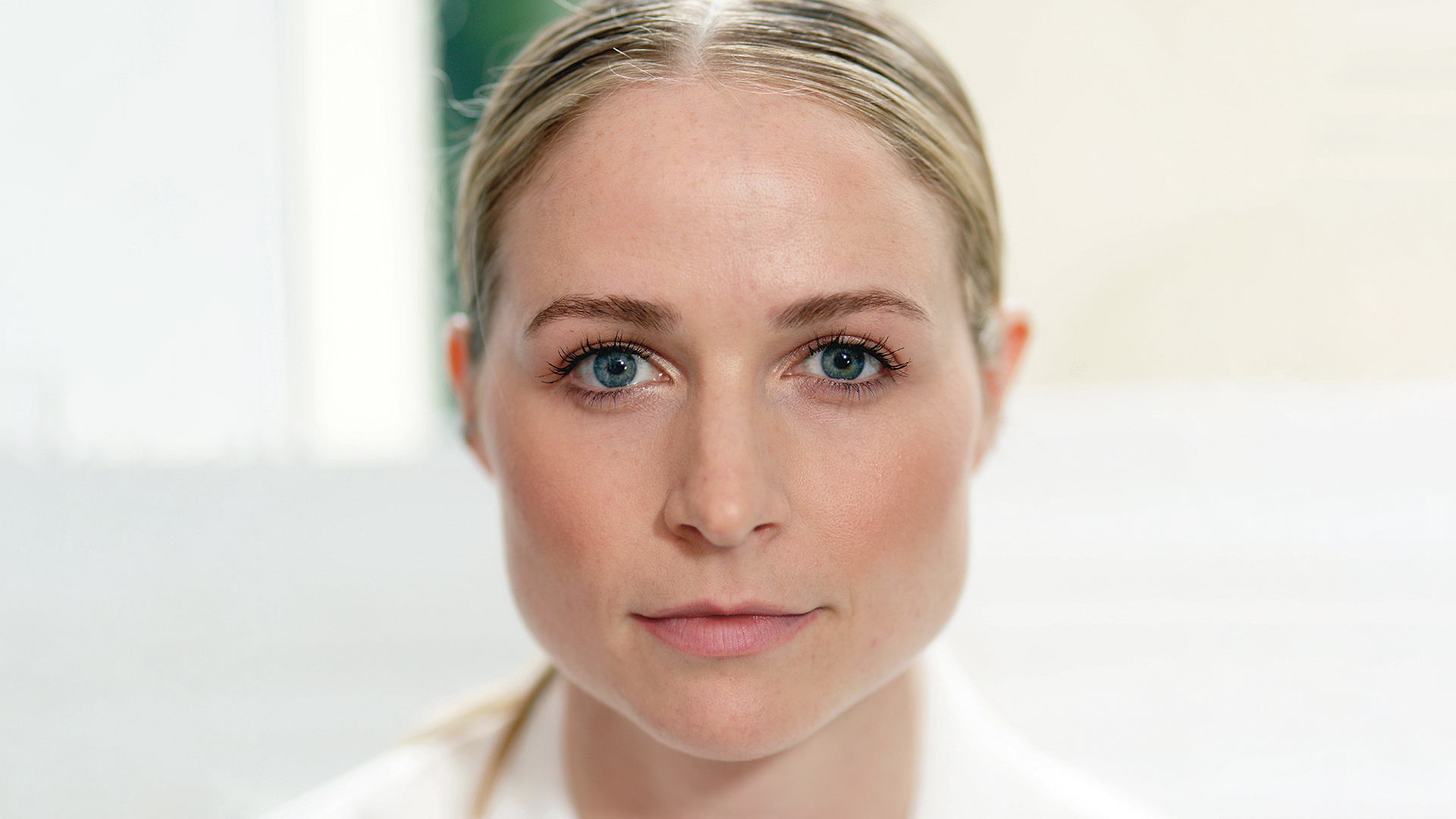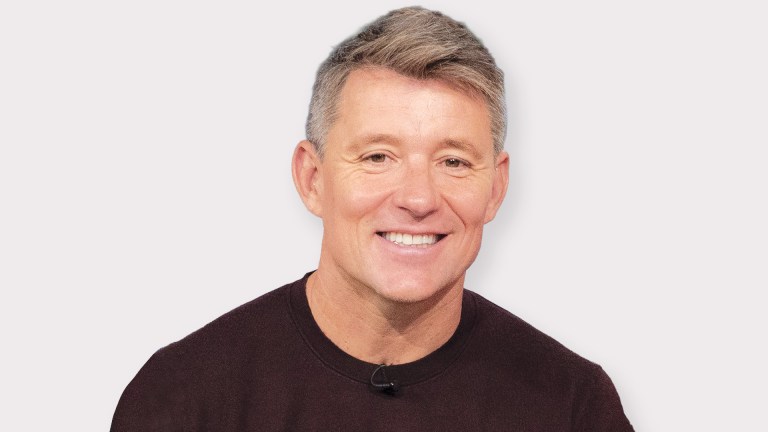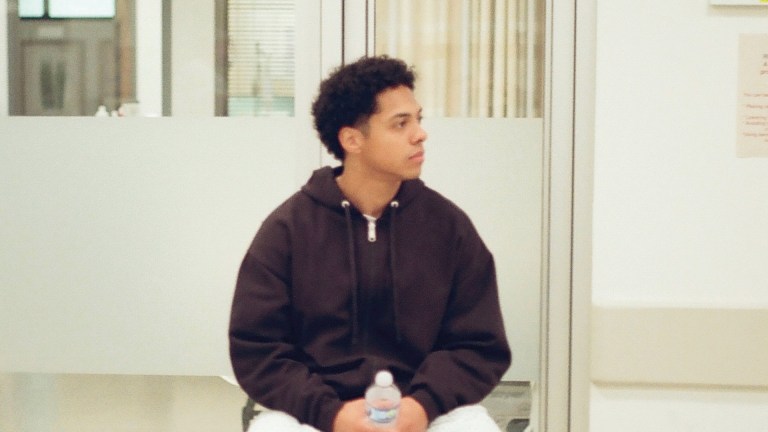New ITV drama Malpractice opens on an ordinary night on an ordinary NHS A&E ward. It is, in many ways, an unremarkable shift for Dr Lucinda Edwards. Sure, she is overworked and under-resourced as she takes life-and-death decisions, and the A&E department is understaffed. But this, we quickly gather, is not remotely unusual.
Dr Edwards, played brilliantly by Niamh Algar in Malpractice, is treating a young woman overdosing on opioids when a child with gunshot wounds arrives in A&E reception – alongside a man brandishing a weapon. Moments after having a gun waved in her face, Edwards must make a crucial decision. There are insufficient beds and her only back-up is an inexperienced junior doctor.
Who to treat? Who to prioritise? Where to focus her attention? The repercussions of her response to this tense opening echo throughout the series. “The fact that it was written by Grace Ofori-Attah, a former A&E doctor with 10 years’ experience working within the NHS, was a huge contributing factor for me signing on to do it,” explains Algar, on a video call from Oxfordshire, where she is currently filming Sky’s new historical drama Mary and George with Julianne Moore (“she’s a real up and comer, definitely one to watch”).
“I come from a family of nurses, and good friends of mine are A&E doctors. So I grew up with and am currently exposed to stories about what it’s like to work in the public health sector. When I read this, I was able to identify those stories I hear. And that’s the whole point of taking on a role. You need to find the truth in it.”
And the truth is, says Algar – who has previously starred in Shane Meadows’ harrowing C4 series The Virtues, with Florence Pugh in acclaimed Netflix film The Wonder, and in Ridley Scott’s sci-fi series Raised By Wolves – that doctors on the front line are struggling. “I was blown away by the sheer exhaustion of the job,” says Algar. “I shadowed an A&E consultant in a hospital. The luxury of being given that opportunity, as an actor, to really walk around in someone else’s shoes and see firsthand how they live on a daily basis and how it affects them, was the most valuable experience.
“From the time the shift started to when it ends, she was constantly moving. I was sweating buckets. I felt like I was running on adrenaline. And at the end of the shift, it was like I’d been out on the battlefield.”










